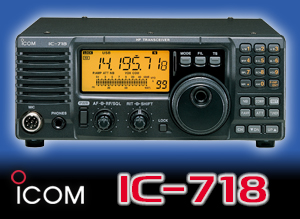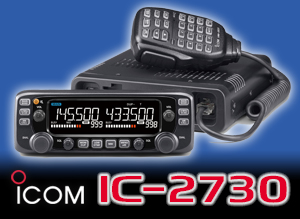Opportunities in RSGB Regional Team
If you are looking to get involved in a different side of amateur radio this year, have you thought about becoming a volunteer RSGB Regional Representative for your area?
There are eight Regional Representative posts available for nomination in this year’s RSGB elections. This rewarding role will give you the opportunity to represent the views of members in your region to the Board, as well as supporting and advising the District Representatives located within the Region. Regional Representatives are also members of the Volunteer Leadership Team, and have the opportunity to contribute to the Society’s strategy and policy development, as well as to its implementation.
If you think this sounds exciting, and you are a confident communicator who has experience in managing people, then read the candidate pack now. You’ll also find details about how to apply, alongside information on other roles, including the RSGB President and two Elected Board Director vacancies.
The closing date for all vacancies is 2359UTC on 31 January 2025. So, act now and use your expertise to make an impact on amateur radio in your region.
Category: RSGB Notices











